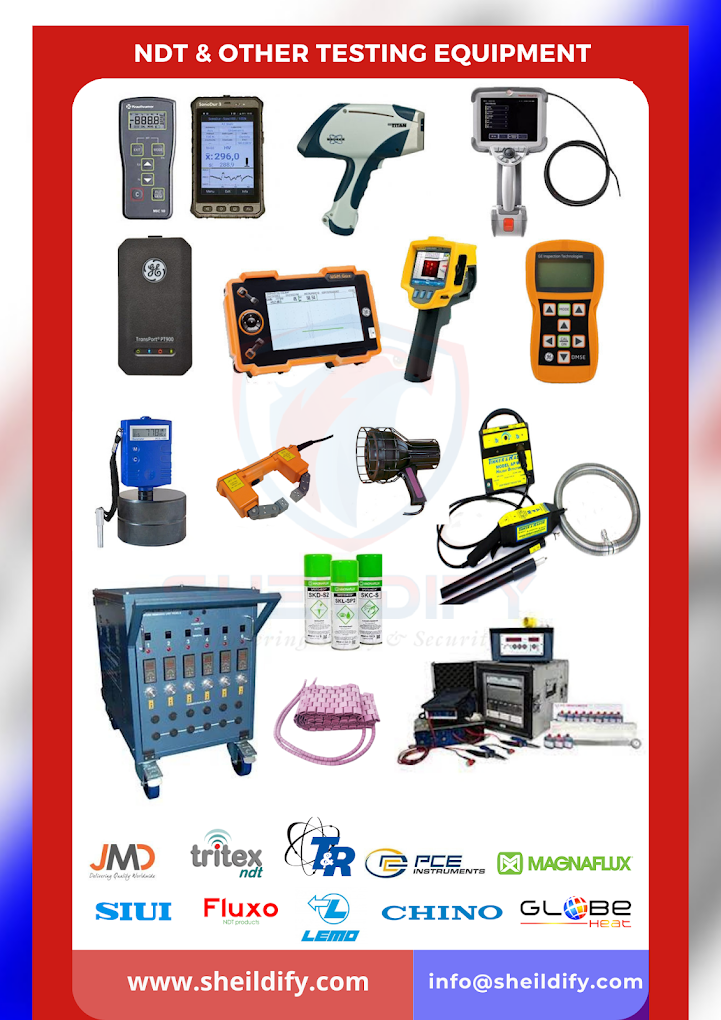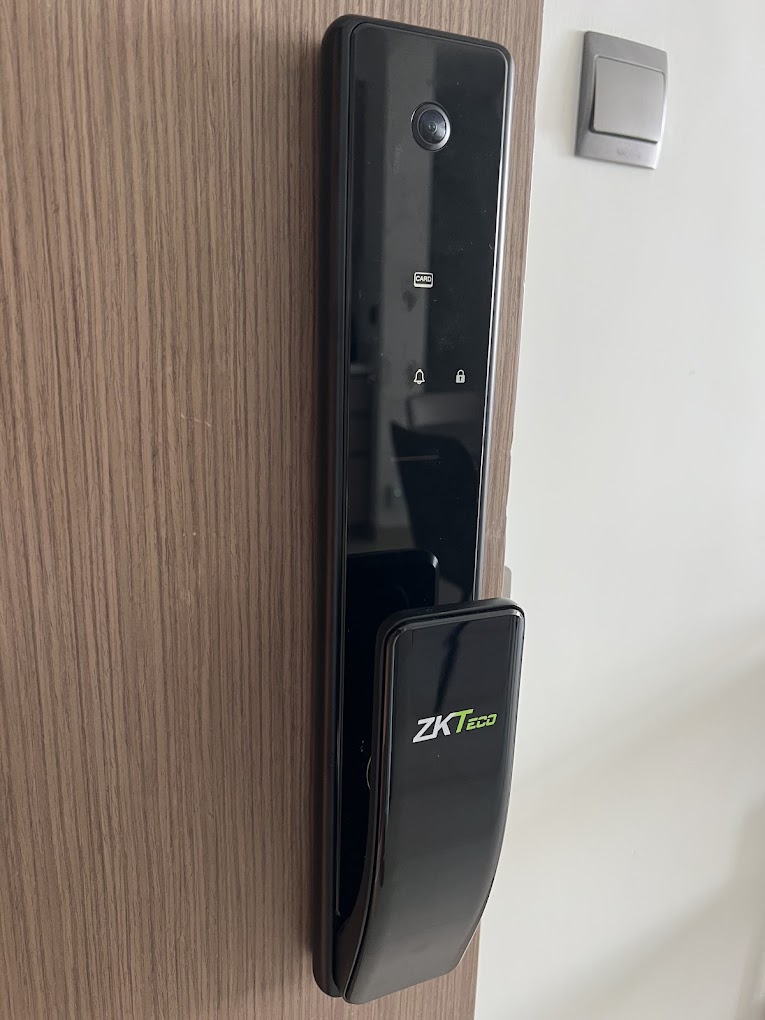Top 10 External Defibrillator Dealers in Dubai
An External Defibrillator, also known as an Automated External Defibrillator (AED), is a crucial device used for life-saving purposes in cases of sudden cardiac arrest. This medical device is designed to analyze the heart’s rhythm and, if necessary, deliver an electric shock to restore normal heart rhythm. In Dubai, a number of dealers provide these life-saving machines, ensuring that medical professionals, institutions, and public places have access to AEDs when needed most.
External Defibrillator dealers in Dubai are companies or suppliers that specialize in selling, distributing, and maintaining automated external defibrillators (AEDs). These dealers ensure that AEDs are accessible to individuals, businesses, and institutions, providing life-saving equipment that can be used during emergencies. The role of these dealers extends beyond just the sale of AEDs; they offer essential services such as installation, maintenance, and training for users.
1
Sheildify Security Equipment Trading LLC
Khalifa BA Balila Building, 22B Street Abu Hail,
Near Abu Hail Masjid Ashram, Abu Hail,
Dubai, 39701
2
AED Store
Dubai, UAE
3
Radian Qbio
Dubai, UAE
4
AED Dubai
Dubai, UAE
5
Defibrillators.ae
Dubai, UAE
6
MedEquip UAE
Dubai, UAE
7
AED UAE
Dubai, UAE
8
Safety Equipments Dubai
Dubai, UAE
9
Cardiac Science AEDs
Dubai, UAE
10
Zoll AEDs Dubai
Dubai, UAE
Content on External Defibrillator Dealers in Dubai
An external defibrillator is a life-saving device used to treat individuals experiencing sudden cardiac arrest (SCA). It delivers a controlled electric shock to the heart to restore a normal rhythm. External defibrillators are commonly used by medical professionals, first responders, and individuals in public spaces, workplaces, and homes to improve survival rates for those suffering from SCA. In this guide, we will explore the role of external defibrillator dealers, the types of devices available, and provide essential information for those looking to purchase these critical devices.
Types of External Defibrillators in Dubai
1. Automated External Defibrillators (AED)
- Description: AEDs are portable devices designed for use by laypersons with minimal training. They automatically analyze the heart’s rhythm and, if necessary, deliver a shock to restore a normal rhythm.
- Features:
- Voice prompts for user guidance.
- Self-testing functions.
- Pads are placed on the chest to deliver the shock.
- Commonly found in public places like airports, schools, and gyms.
2. Manual External Defibrillators
- Description: These defibrillators require a trained professional to manually assess the heart’s rhythm and deliver a shock if necessary. They are typically used in hospitals or ambulances.
- Features:
- The user must interpret the heart rhythm and decide when to administer a shock.
- Offer more control to trained medical personnel.
- Often used in emergency situations by healthcare providers.
3. Semi-Automated External Defibrillators
- Description: These are a middle ground between manual and automated defibrillators. They guide the user through the process with prompts but require the user to press a button to deliver the shock after the rhythm is analyzed.
- Features:
- Provides voice prompts for the user.
- The user must press a button to initiate the shock after analysis.
- Commonly used by first responders and healthcare professionals with basic training.
4. Implantable Cardioverter Defibrillators (ICD)
- Description: Though not external in the same sense, ICDs are surgically implanted devices that monitor the heart’s rhythm and deliver shocks if arrhythmias are detected.
- Features:
- Permanently implanted under the skin, usually near the collarbone.
- Continuously monitors heart activity and provides treatment automatically.
- Used for patients with a high risk of sudden cardiac arrest.
5. Wearable Defibrillators
- Description: These are portable, wearable devices that provide continuous monitoring and can deliver shocks when necessary.
- Features:
- Worn by patients at high risk for sudden cardiac arrest.
- Automatically detects arrhythmias and administers shocks if needed.
- Often used as a temporary solution until a more permanent ICD can be implanted.
6. External Defibrillator Monitors
- Description: These devices are used by healthcare professionals, combining defibrillation with heart monitoring capabilities. They are often used in emergency medical services (EMS) and hospitals.
- Features:
- Continuous heart monitoring while also providing defibrillation.
- Used to evaluate the heart’s rhythm and deliver shocks as needed.
- Often more complex with advanced settings for trained professionals.
Why Choose External Defibrillators? in Dubai
Life-Saving Potential: AEDs and defibrillators have been proven to significantly improve survival rates for individuals experiencing sudden cardiac arrest if used promptly.Ease of Use: Modern AEDs are designed to be user-friendly, offering step-by-step audio and visual prompts to guide users through the process.Portability: Devices like AEDs are lightweight and portable, making them easy to transport and deploy in emergencies.Public Safety: Many workplaces, gyms, schools, and public spaces are now equipped with AEDs to provide immediate care in the event of an emergency, ensuring the safety of those present.
Choosing the Right External Defibrillator Dealer
When selecting an external defibrillator dealer, there are several factors to consider:
Product Range
- Choose a dealer that offers a variety of defibrillator models, including AEDs, manual defibrillators, and wearable devices, to suit different needs.
Device Quality and Certifications
- Ensure that the devices are FDA-approved and comply with relevant health and safety regulations. Certified devices provide peace of mind and guarantee reliability in emergency situations.
Training and Support
- A reputable dealer will provide training services for users, ensuring they are properly equipped to use the device in an emergency. Additionally, they should offer support for device maintenance and servicing.
Warranty and After-Sales Service
- Ensure the dealer provides a warranty on the device and offers after-sales services, including repairs, battery replacements, and device calibration.
Pricing and Financing Options
- Compare prices across different dealers to find the best deal. Some dealers may offer financing options or discounts for bulk purchases, especially for organizations purchasing multiple devices.
Frequently Asked Questions About External Defibrillator Dealers in Dubai
1. What is an external defibrillator?
- An external defibrillator is a device that delivers a controlled electric shock to the heart to restore its normal rhythm in cases of sudden cardiac arrest. It can be used by both medical professionals and laypersons (in the case of AEDs).
2. How do automated external defibrillators (AEDs) work?
- AEDs analyze the heart’s rhythm and determine whether a shock is needed. If the device detects an abnormal rhythm like ventricular fibrillation or pulseless ventricular tachycardia, it will prompt the user to deliver a shock to restore normal rhythm.
3. Who can use an AED?
- AEDs are designed to be used by anyone, even without medical training. The device provides clear audio and visual instructions, making it accessible for laypersons and bystanders during emergencies.
4. How much do external defibrillators cost?
- The price of an AED can range from $1,200 to $3,500, depending on the brand, model, and features. Manual defibrillators or more advanced models may cost more. Be sure to inquire with dealers for specific pricing and bulk purchase discounts.
5. Is it necessary to have an AED in the workplace or public places?
- While it’s not a legal requirement in all regions, many organizations and public spaces have implemented AEDs to ensure the safety of employees and the public. Having one available increases the chances of survival in the event of a sudden cardiac arrest.
6. How often do AEDs need to be maintained?
- AEDs require regular maintenance to ensure they are fully functional. This includes checking battery levels, ensuring that the electrodes are not expired, and performing periodic tests. Many dealers offer maintenance packages and reminders for these checks.
7. Can I use an AED on someone who is not breathing?
- Yes, AEDs are designed to be used on individuals who are unresponsive and not breathing. The device will only deliver a shock if necessary and will guide you through each step of the process.
8. Are there any risks when using an AED?
- AEDs are generally very safe. The device is designed to assess the heart’s rhythm before delivering a shock, and the shock is only delivered if it is necessary. The risk of harm is minimal, and the device provides instructions to ensure it’s used properly.
9. Can I use an AED on children?
- Yes, AEDs can be used on children. Some AEDs have child-specific pads and settings, while others are suitable for both adults and children. Always follow the manufacturer’s instructions for pediatric use.
10. How long does the battery of an AED last?
- AED batteries typically last between 2 to 5 years, depending on the model and usage. It’s important to check the battery regularly and replace it when necessary to ensure the device is ready for use in emergencies.

